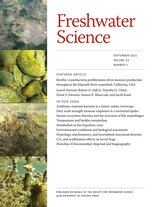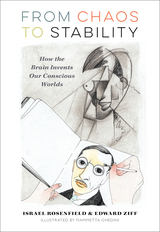13 start with E start with E
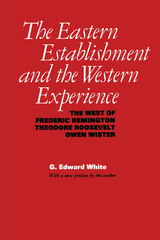
First published in 1968, The Eastern Establishment and the Western Experience has become a classic in the field of American studies.
G. Edward White traces the origins of “the West of the imagination” to the adolescent experiences of Frederic Remington, Theodore Roosevelt, and Owen Wister—three Easterners from upper-class backgrounds who went West in the 1880s in search of an alternative way of life.
Each of the three men came to identify with a somewhat idealized “Wild West” that embodied the virtues of individualism, self-reliance, and rugged masculinity. When they returned East, they popularized this image of the West through art, literature, politics, and even their public personae. Moreover, these Western virtues soon became and have remained American virtues—a patriotic ideal that links Easterners with Westerners.
With a multidisciplinary blend of history, biography, sociology, psychology, and literary criticism, The Eastern Establishment and the Western Experience will appeal to a wide audience. The author has written a new preface, offering additional perspectives on the mythology of the West and its effect on the American character.
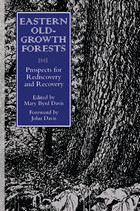
Eastern Old-Growth Forests is the first book devoted exclusively to old growth throughout the East. Authoritative essays from leading experts examine the ecology and characteristics of eastern old growth, explore its history and value -- both ecological and cultural -- and make recommendations for its preservation.
The book provides a thorough overview of the importance of old growth in the East including its extent, qualities, and role in wildlands restoration. It will serve a vital role in furthering preservation efforts by making eastern old-growth issues better known and understood.
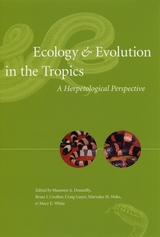
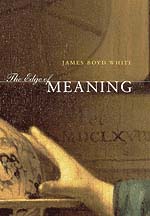
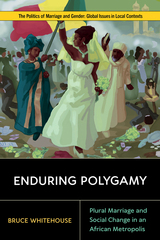
Why hasn’t polygamous marriage died out in African cities, as experts once expected it would? Enduring Polygamy considers this question in one of Africa’s fastest-growing cities: Bamako, the capital of Mali, where one in four wives is in a polygamous marriage. Using polygamy as a lens through which to survey sweeping changes in urban life, it offers ethnographic and demographic insights into the customs, gender norms and hierarchies, kinship structures, and laws affecting marriage, and situates polygamy within structures of inequality that shape marital options, especially for young Malian women. Through an approach of cultural relativism, the book offers an open-minded but unflinching perspective on a contested form of marriage. Without shying away from questions of patriarchy and women’s oppression, it presents polygamy from the everyday vantage points of Bamako residents themselves, allowing readers to make informed judgments about it and to appreciate the full spectrum of human cultural diversity.

In Energy Sprawl Solutions, scientists Joseph M. Kiesecker and David Naugle provide a roadmap for preserving biodiversity despite the threats of energy sprawl. Their strategy—development by design—brings together companies, communities, and governments to craft blueprints for sustainable land development. This commonsense approach identifies and preemptively sets aside land where biodiversity can thrive while consolidating development in areas with lower biodiversity value. This approach makes sense for energy industries and governments, which can confidently build sustainability into their energy futures.
This contributed volume brings together experts in diverse fields such as biodiversity conservation, ecology, ecosystem services, wildlife, fisheries, planning, energy, economics, and finance. Early chapters set the context for global patterns of biodiversity risk from energy extraction and the challenges of achieving a green future while maintaining energy security. Middle chapters are devoted to case studies from countries around the world, each describing a different energy sector and the collaborative process involved in planning complex energy projects in a way that maximizes biodiversity protection. Detailed maps and charts help orient readers to countries and energy sectors, providing proof for what is possible.
With biodiversity declining rapidly because of an energy-hungry world, this book provides a needed guide for elected officials, industry representatives, NGOs and community groups who have a stake in sustainable energy-development planning.
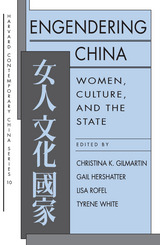
This first significant collection of essays on women in China in more than two decades captures a pivotal moment in a cross-cultural—and interdisciplinary—dialogue. For the first time, the voices of China-based scholars are heard alongside scholars positioned in the United States. The distinguished contributors to this volume are of different generations, hold citizenship in different countries, and were trained in different disciplines, but all embrace the shared project of mapping gender in China and making power-laden relationships visible. The essays take up gender issues from a variety of disciplinary perspectives. Chapters focus on learned women in the eighteenth century, the changing status of contemporary village women, sexuality and reproduction, prostitution, women's consciousness, women's writing, the gendering of work, and images of women in contemporary Chinese fiction.
Some of the liveliest disagreements over the usefulness of western feminist theory and scholarship on China take place between Chinese working in China and Chinese in temporary or longtime diaspora. Engendering China will appeal to a broad academic spectrum, including scholars of Asian studies, critical theory, feminist studies, cultural studies, and policy studies.
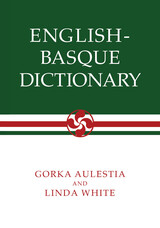

This volume brings together studies of Ephesos—a major city in the Greco-Roman period and a primary center for the spread of Christianity into the Western world—by an international array of scholars from the fields of classics, fine arts, history of religion, New Testament, ancient Christianity, and archaeology. The studies were presented at a spring 1994 Harvard Divinity School symposium on Ephesos, focusing on the results of one hundred years of archaeological work at Ephesos by members of the Austrian Archaeological Institute.
The contributors to this volume discuss some of the most interesting and controversial results of recent investigations: the Processional Way of Artemis, the Hadrianic Olympieion and the Church of Mary, the so-called Temple of Domitian, and the heroes Androkolos and Arsinoe.
Since very little about the Austrian excavations at Ephesos has been published in English, this volume should prove useful in introducing the archaeology of this metropolis to a wider readership.

In this comprehensive anthology, twenty-seven outstanding scholars from North America and Europe address every major aspect of Thomas Aquinas's understanding of morality and comment on his remarkable legacy. While there has been a revival of interest in recent years in the ethics of St. Thomas, no single work has yet fully examined the basic moral arguments and content of Aquinas' major moral work, the Second Part of the Summa Theologiae. This work fills that lacuna.
The first chapters of The Ethics of Aquinas introduce readers to the sources, methods, and major themes of Aquinas's ethics. The second part of the book provides an extended discussion of ideas in the Second Part of the Summa Theologiae, in which contributors present cogent interpretations of the structure, major arguments, and themes of each of the treatises. The third and final part examines aspects of Thomistic ethics in the twentieth century and beyond.
These essays reflect a diverse group of scholars representing a variety of intellectual perspectives. Contributors span numerous fields of study, including intellectual history, medieval studies, moral philosophy, religious ethics, and moral theology. This remarkable variety underscores how interpretations of Thomas's ethics continue to develop and evolve—and stimulate fervent discussion within the academy and the church.
This volume is aimed at scholars, students, clergy, and all those who continue to find Aquinas a rich source of moral insight.
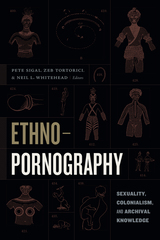
Contributors. Joseph A. Boone, Pernille Ipsen, Sidra Lawrence, Beatrix McBride, Mireille Miller-Young, Bryan Pitts, Helen Pringle, Pete Sigal, Zeb Tortorici, Neil L. Whitehead
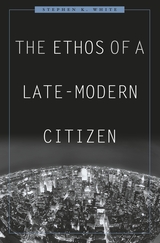
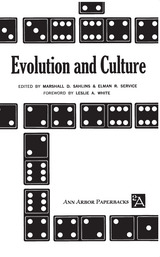
READERS
Browse our collection.
PUBLISHERS
See BiblioVault's publisher services.
STUDENT SERVICES
Files for college accessibility offices.
UChicago Accessibility Resources
home | accessibility | search | about | contact us
BiblioVault ® 2001 - 2024
The University of Chicago Press


